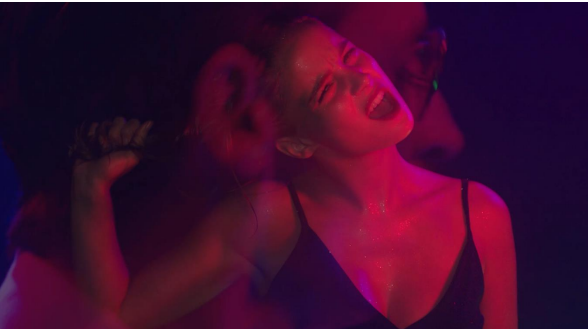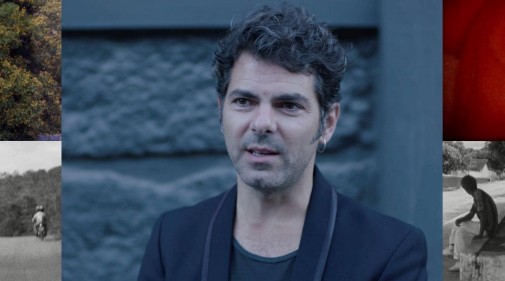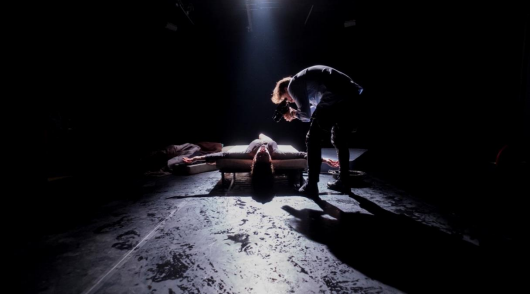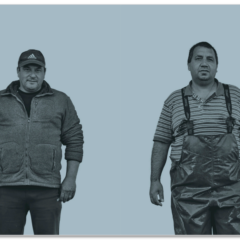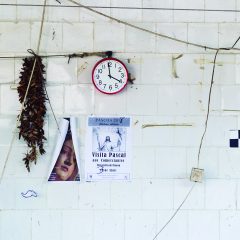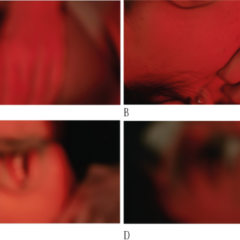Autoria
João Silva Santos
Orientador(es)
Felipe Martins
Ano
2018
Curso
Mestrado em Comunicação Audiovisual
Resumo
PT
Este relatório visa evidenciar o trabalho produzido no contexto de estágio curricular na produtora vimaranense Bando À Parte, que decorreu de dezembro de 2017 a abril de 2018. É explorada a diversidade de projetos realizados durante estes meses, com um enfoque na multiplicidade de tarefas praticadas e o seu valor para a empresa. Além disso, problematiza o percurso de aprendizagem ao longo das rodagens da longa-metragem Na Jaula, expondo os erros cometidos e a metodologia adotada para a sua resolução, no contexto de uma produção de baixo orçamento portuguesa. Assim, o relatório também relaciona esta componente empírica do estágio com uma investigação teórica acerca da produção cinematográfica portuguesa, e como ela se intersecta com a metodologia do cinema independente. São analisadas as características primordiais do cinema independente, a liberdade criativa destes movimentos cinematográficos, e a sua relação com a identidade (ou ausência dela) do cinema português.
EN
This report aims to highlight the work produced in the context of a curricular internship at the Guimarães producer Bando À Parte, which took place from December 2017 to April 2018. The diversity of projects carried out during these months is explored, with a focus on the multiplicity of tasks performed and its value to the company. In addition, it problematizes the learning path during the filming of the feature film Na Jaula, exposing the mistakes made and the methodology adopted for their resolution, in the context of a low-budget Portuguese production. Thus, the report also relates this empirical component of the internship with a theoretical investigation about Portuguese cinematographic production, and how it intersects with the methodology of independent cinema. The main characteristics of independent cinema, the creative freedom of these cinematographic movements, and their relationship with the identity (or lack thereof) of Portuguese cinema are analyzed.

